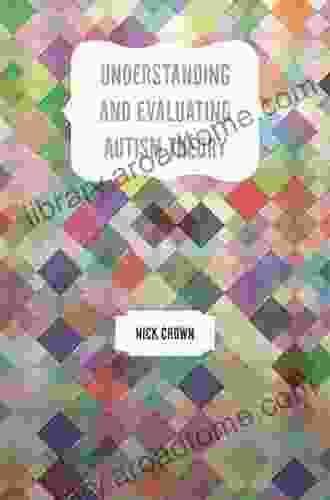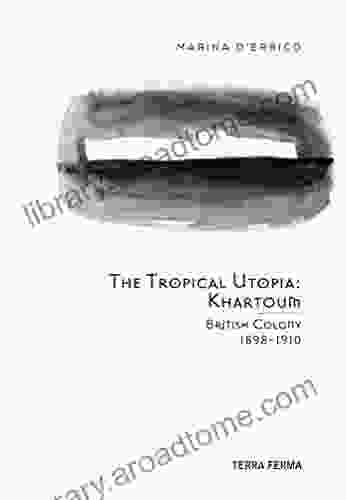Understanding and Evaluating Autism Theory: A Comprehensive Guide

Autism spectrum disFree Download (ASD) is a complex and challenging condition that affects millions of people worldwide. There is no one-size-fits-all approach to understanding and treating ASD, and it is important to consider the individual needs of each person. One of the best ways to gain a better understanding of ASD is to explore the different theories that have been proposed to explain the condition.
In this article, we will provide a comprehensive overview of the major autism theories, including their strengths and weaknesses. We will also discuss how to evaluate autism theories and how to use them to inform clinical practice.
4.6 out of 5
| Language | : | English |
| File size | : | 1225 KB |
| Text-to-Speech | : | Enabled |
| Screen Reader | : | Supported |
| Enhanced typesetting | : | Enabled |
| Word Wise | : | Enabled |
| Print length | : | 370 pages |
Major Autism Theories
There are a number of different theories that have been proposed to explain ASD. Some of the most well-known and influential theories include:
- Theory of Mind (ToM): ToM theory suggests that people with ASD have difficulty understanding the thoughts and feelings of others. This can lead to problems with social interaction, communication, and empathy.
- Executive Function Theory: Executive function theory suggests that people with ASD have difficulty with executive functions, such as planning, organizing, and self-control. This can lead to problems with attention, behavior, and social skills.
- Sensory Processing Theory: Sensory processing theory suggests that people with ASD have difficulty processing sensory information. This can lead to problems with sensory integration, which can in turn lead to problems with social interaction, communication, and behavior.
- Autism as a Neurodevelopmental DisFree Download: This theory suggests that ASD is a neurodevelopmental disFree Download that affects the brain's development. This can lead to a wide range of symptoms, including social and communication difficulties, repetitive behaviors, and sensory sensitivities.
Strengths and Weaknesses of Autism Theories
Each of the major autism theories has its own strengths and weaknesses. ToM theory, for example, is a well-established theory that has been supported by a large body of research. However, it is important to note that ToM theory does not explain all of the symptoms of ASD. Executive function theory is another well-established theory that has been supported by a large body of research. However, it is important to note that executive function theory does not explain all of the symptoms of ASD. Sensory processing theory is a relatively new theory that has not been as well-established as ToM theory or executive function theory. However, it is a promising theory that has the potential to explain some of the symptoms of ASD that are not explained by other theories. Autism as a neurodevelopmental disFree Download is a broad theory that encompasses a wide range of different perspectives. This can make it difficult to evaluate the theory as a whole. However, the neurodevelopmental perspective is an important one that can help us to understand the underlying causes of ASD.
Evaluating Autism Theories
When evaluating autism theories, it is important to consider the following factors:
- Evidence: How much evidence supports the theory?
- Scope: Does the theory explain a wide range of symptoms?
- Parsimony: Is the theory simple and easy to understand?
- Testability: Can the theory be tested and falsified?
- Clinical utility: Can the theory be used to inform clinical practice?
Using Autism Theories to Inform Clinical Practice
Autism theories can be used to inform clinical practice in a number of ways. For example, ToM theory can be used to develop interventions that help people with ASD to understand the thoughts and feelings of others. Executive function theory can be used to develop interventions that help people with ASD to improve their planning, organizing, and self-control skills. Sensory processing theory can be used to develop interventions that help people with ASD to process sensory information more effectively. The neurodevelopmental perspective can be used to develop interventions that target the underlying causes of ASD.
It is important to note that there is no one-size-fits-all approach to using autism theories to inform clinical practice. The best approach will vary depending on the individual needs of the person with ASD. However, autism theories can be a valuable resource for clinicians who are working to help people with ASD live full and productive lives.
Autism spectrum disFree Download is a complex and challenging condition. There is no one-size-fits-all approach to understanding and treating ASD, and it is important to consider the individual needs of each person. One of the best ways to gain a better understanding of ASD is to explore the different theories that have been proposed to explain the condition. By understanding the strengths and weaknesses of each theory, and by using them to inform clinical practice, we can help people with ASD to live full and productive lives.
4.6 out of 5
| Language | : | English |
| File size | : | 1225 KB |
| Text-to-Speech | : | Enabled |
| Screen Reader | : | Supported |
| Enhanced typesetting | : | Enabled |
| Word Wise | : | Enabled |
| Print length | : | 370 pages |
Do you want to contribute by writing guest posts on this blog?
Please contact us and send us a resume of previous articles that you have written.
Light bulbAdvertise smarter! Our strategic ad space ensures maximum exposure. Reserve your spot today!
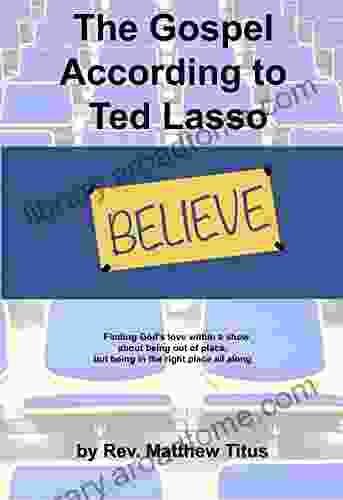
 Oliver FosterThe Gospel According to Ted Lasso: A Journey of Belief, Hope, and Love in a...
Oliver FosterThe Gospel According to Ted Lasso: A Journey of Belief, Hope, and Love in a...
 Hassan CoxUnlock Sweet Success with "The Sugar Detox: Transform Your Health and Embrace...
Hassan CoxUnlock Sweet Success with "The Sugar Detox: Transform Your Health and Embrace... Edwin CoxFollow ·13.4k
Edwin CoxFollow ·13.4k Thomas MannFollow ·11.3k
Thomas MannFollow ·11.3k Brady MitchellFollow ·5.6k
Brady MitchellFollow ·5.6k Rudyard KiplingFollow ·14.9k
Rudyard KiplingFollow ·14.9k Jay SimmonsFollow ·8.2k
Jay SimmonsFollow ·8.2k Felix HayesFollow ·8.6k
Felix HayesFollow ·8.6k Yasushi InoueFollow ·13k
Yasushi InoueFollow ·13k Kazuo IshiguroFollow ·17.5k
Kazuo IshiguroFollow ·17.5k
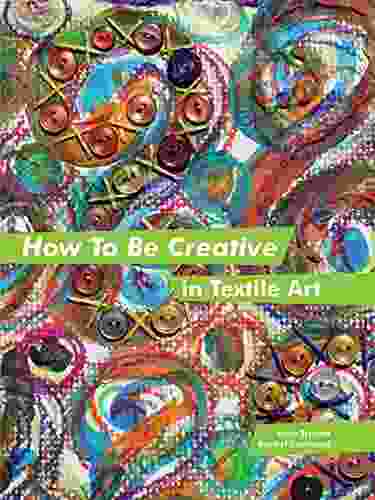
 Lord Byron
Lord ByronHow to Be Creative in Textile Art: A Comprehensive Guide...
Textile art is a...
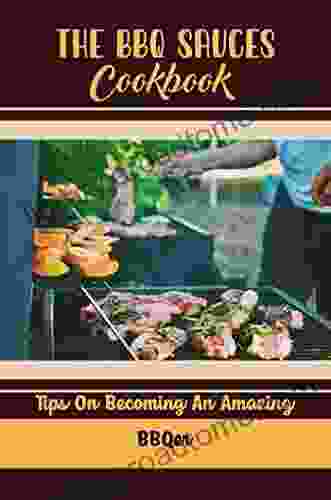
 Kenneth Parker
Kenneth ParkerMaster the Art of Grilling with "The BBQ Sauces Cookbook"
Are you tired of the same old...
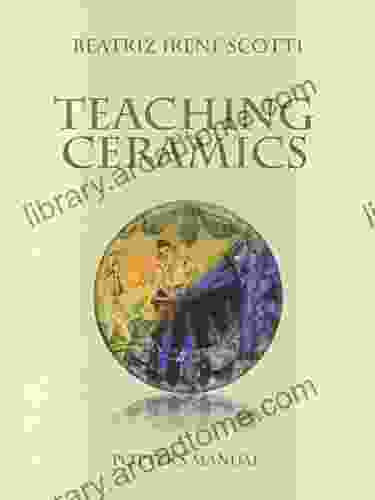
 Jerome Blair
Jerome BlairTeaching Ceramics Potter Manual: Unlock Your Inner Artist...
Imagine the satisfaction of crafting exquisite...
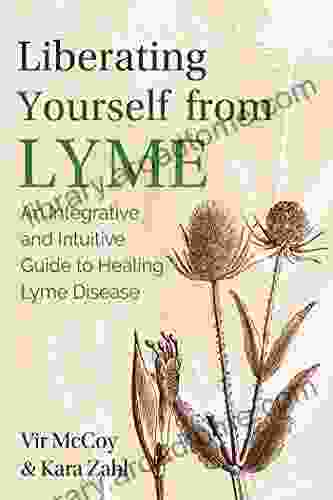
 Paulo Coelho
Paulo CoelhoLiberating Yourself From Lyme: A Comprehensive Guide to...
What is Lyme...
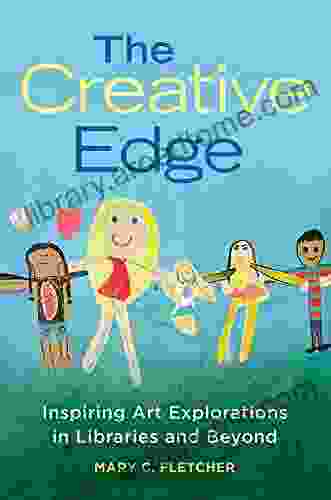
 Banana Yoshimoto
Banana YoshimotoInspiring Art Explorations: Unleashing Creativity in...
Prepare to be inspired...
4.6 out of 5
| Language | : | English |
| File size | : | 1225 KB |
| Text-to-Speech | : | Enabled |
| Screen Reader | : | Supported |
| Enhanced typesetting | : | Enabled |
| Word Wise | : | Enabled |
| Print length | : | 370 pages |


